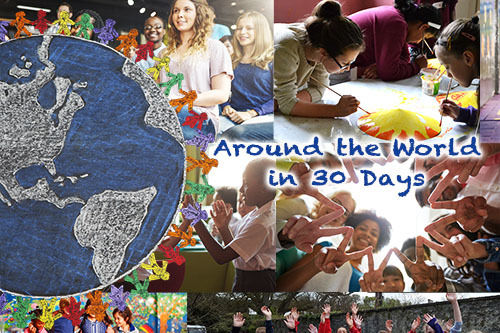
This month in The Global Search for Education, William Gaudelli, George Rupp and Dana Mortenson shared their perspectives on how to build more inclusive communities across political, economic and cultural divides, and on the lessons we all learned from recent world events. “The vote in the U.K. in favor of Brexit, the rejection by referendum of the peace agreement in Colombia, and the 2016 U.S. election all illustrate the power of democratic processes to register forcefully how the prevailing wisdom of a social order may not be in touch with substantial segments of the population,” said Rupp. Gaudelli noted that globalization has “contributed to these differences” and when “amplified by a media-space that spreads vitriol across a multitude of echo-chambers, difference is exacerbated.” Solutions lie in nurturing an economy “befitting our time” added Gaudelli, “one that grows in the rustbelt and throughout the many regions ‘left behind’ around new, green technologies, nano manufacturing for healthcare, and micro-finance for local resilience.” Dana Mortenson focused on strategies to promote inclusive learning environments and encouraged educators to find “meaningful ways for students to express their identity and learn about their classmates’ identities.” A safe space to foster “storytelling and personal narrative” helps students “express who they are, what has shaped their worldview, and what matters to them.”
In 2015, the Duchess of Abercorn, Founder of the Pushkin Trust, visited America to share Pushkin ideologies and practice at the Creative Oklahoma conference in Oklahoma City, which is where we met. Sacha is the great‐great‐great granddaughter of the famous Russian poet, Alexander Pushkin, and this month in The Global Search for Education, we discussed among other things how to help students find their ‘voice’. The Duchess noted that finding one’s voice begins with “recognizing that we have a story to tell.” In her 30 years of experience with children involved in the Pushkin Trust, “the great maxim, “Unto thine own self be true,” is perhaps what is needed now above all else – to be a whole human being is the challenge of our time.”
In September 1994, Jerome Bruner, the famed psychologist, professor and education visionary, visited Reggio Emilia, a city in the Emilia-Romagna region of northern Italy. The President of Reggio Children at that time had written to Professor Bruner, inviting him to visit the city’s schools. From that year onwards until 2012, Professor Bruner visited Reggio for one month of each year to study the city’s schools and enjoy its rich culture. According to Carla Rinaldi, the current President of Reggio Children and Director of the Loris Malaguzzi International Center in Reggio Emilia, these schools and the local culture were “among his dearest research subjects.” In my interview with Carla Rinaldi this month, she spoke about the philosophy of education in Reggio Emilia which emphasizes putting “great trust in the child (and in the human being), in his potential and possibilities; the idea that he is holder of a culture, the culture of childhood.”
Our thanks once again to all our amazing teachers, millennials, other contributors and supporters around the world. We look forward to your contributions in 2017. When it comes to the world of children there is always more work to be done.
(Photos are courtesy of CMRubinWorld)
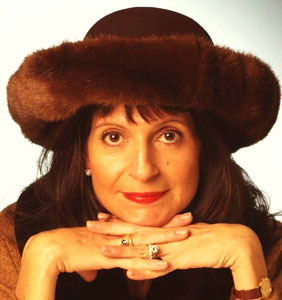
Join me and globally renowned thought leaders including Sir Michael Barber (UK), Dr. Michael Block (U.S.), Dr. Leon Botstein (U.S.), Professor Clay Christensen (U.S.), Dr. Linda Darling-Hammond (U.S.), Dr. MadhavChavan (India), Professor Michael Fullan (Canada), Professor Howard Gardner (U.S.), Professor Andy Hargreaves (U.S.), Professor Yvonne Hellman (The Netherlands), Professor Kristin Helstad (Norway), Jean Hendrickson (U.S.), Professor Rose Hipkins (New Zealand), Professor Cornelia Hoogland (Canada), Honourable Jeff Johnson (Canada), Mme. Chantal Kaufmann (Belgium), Dr. EijaKauppinen (Finland), State Secretary TapioKosunen (Finland), Professor Dominique Lafontaine (Belgium), Professor Hugh Lauder (UK), Lord Ken Macdonald (UK), Professor Geoff Masters (Australia), Professor Barry McGaw (Australia), Shiv Nadar (India), Professor R. Natarajan (India), Dr. Pak Tee Ng (Singapore), Dr. Denise Pope (US), Sridhar Rajagopalan (India), Dr. Diane Ravitch (U.S.), Richard Wilson Riley (U.S.), Sir Ken Robinson (UK), Professor Pasi Sahlberg (Finland), Professor Manabu Sato (Japan), Andreas Schleicher (PISA, OECD), Dr. Anthony Seldon (UK), Dr. David Shaffer (U.S.), Dr. Kirsten Sivesind (Norway), Chancellor Stephen Spahn (U.S.), Yves Theze (LyceeFrancais U.S.), Professor Charles Ungerleider (Canada), Professor Tony Wagner (U.S.), Sir David Watson (UK), Professor Dylan Wiliam (UK), Dr. Mark Wormald (UK), Professor Theo Wubbels (The Netherlands), Professor Michael Young (UK), and Professor Minxuan Zhang (China) as they explore the big picture education questions that all nations face today.
The Global Search for Education Community Page
C. M. Rubin is the author of two widely read online series for which she received a 2011 Upton Sinclair award, “The Global Search for Education” and “How Will We Read?” She is also the author of three bestselling books, including The Real Alice in Wonderland, is the publisher of CMRubinWorld, and is a Disruptor Foundation Fellow.
Follow C. M. Rubin on Twitter: www.twitter.com/@cmrubinworld

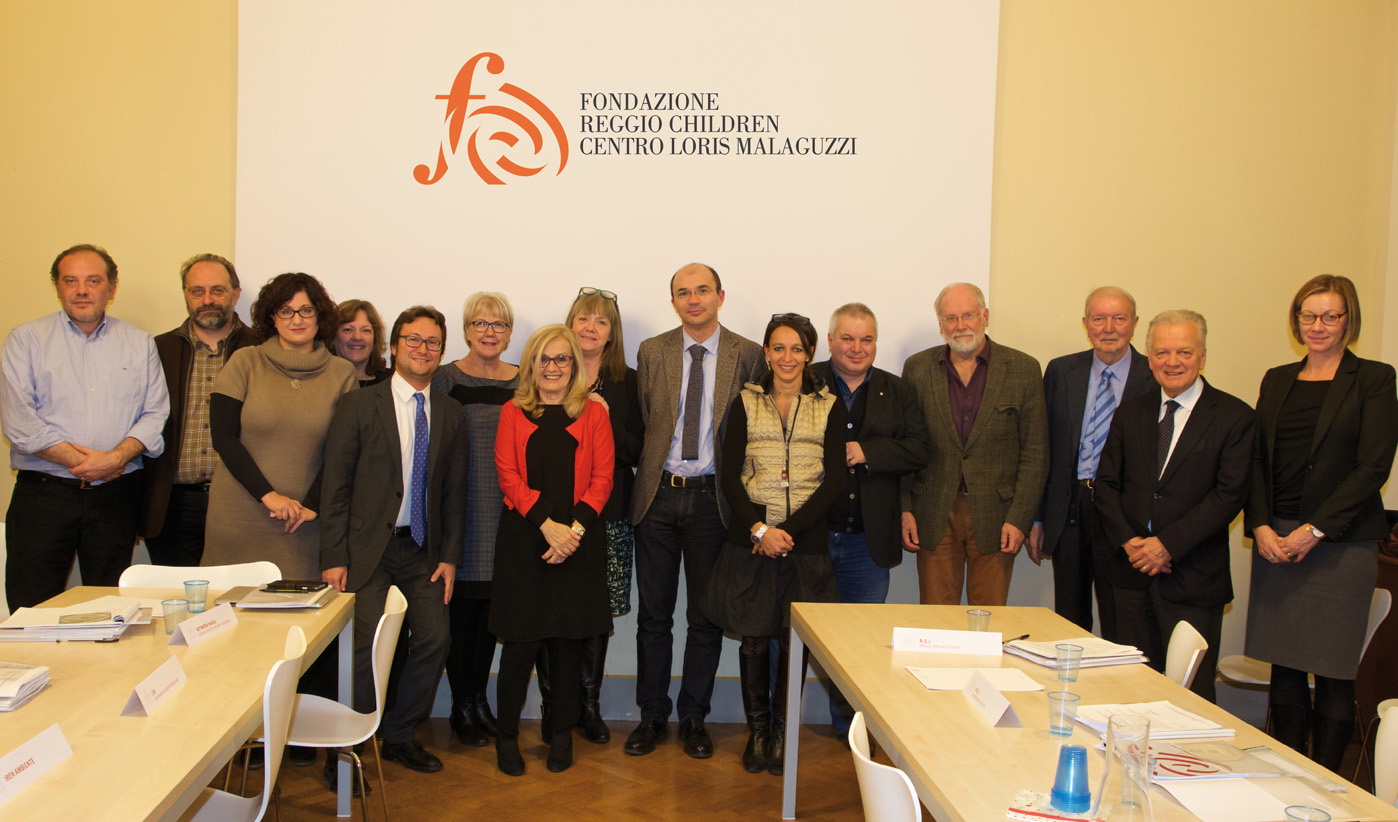
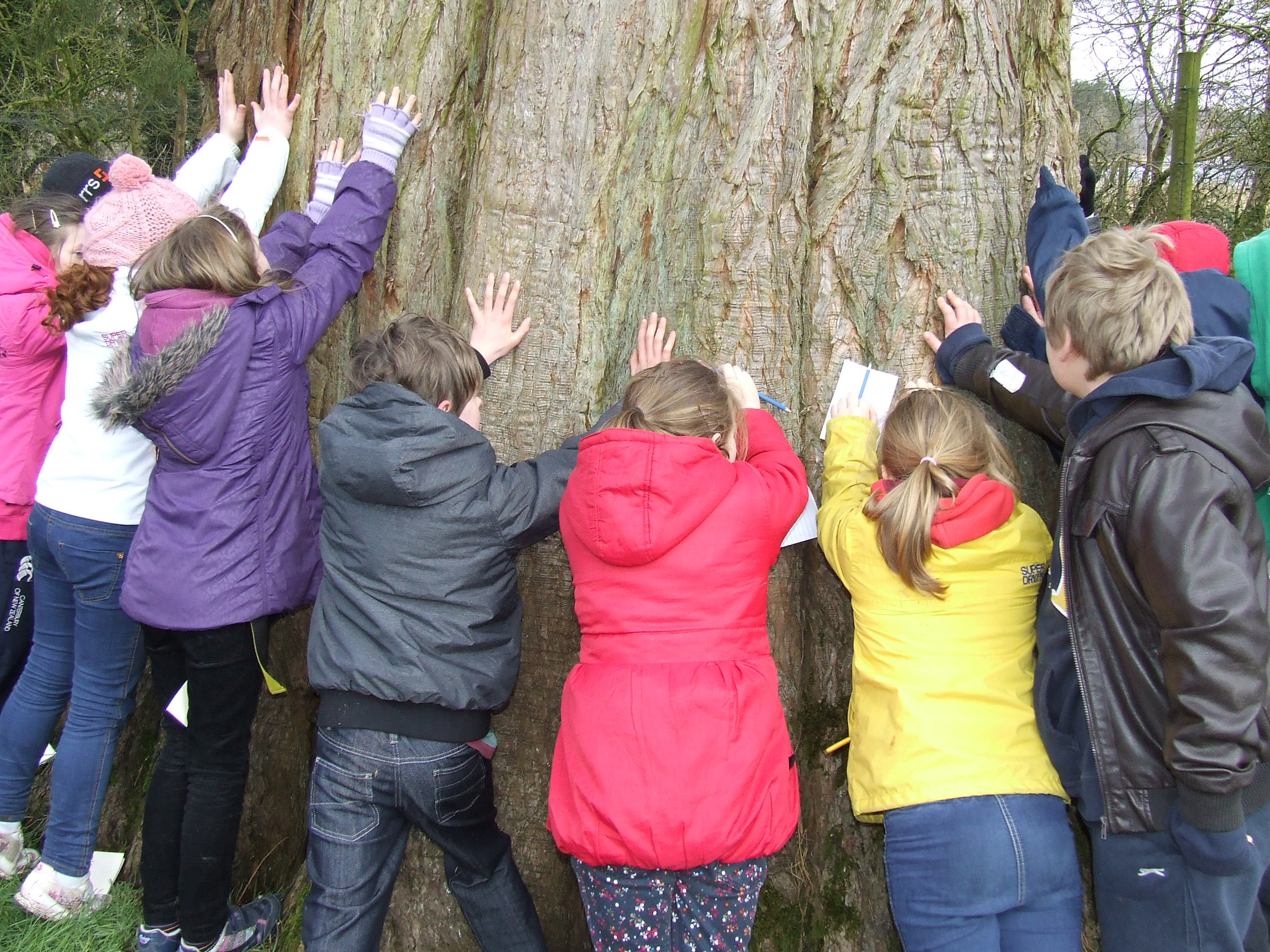
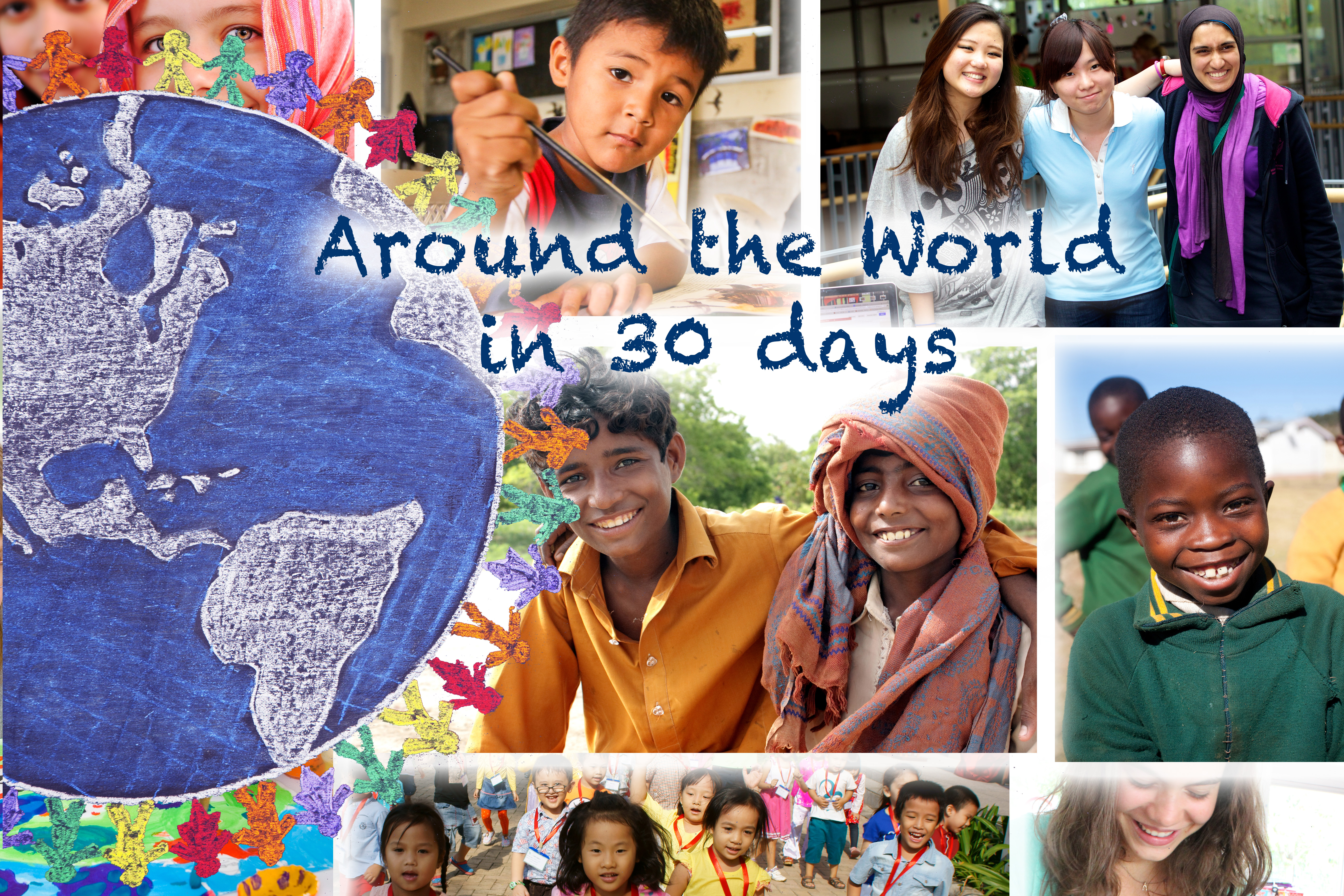
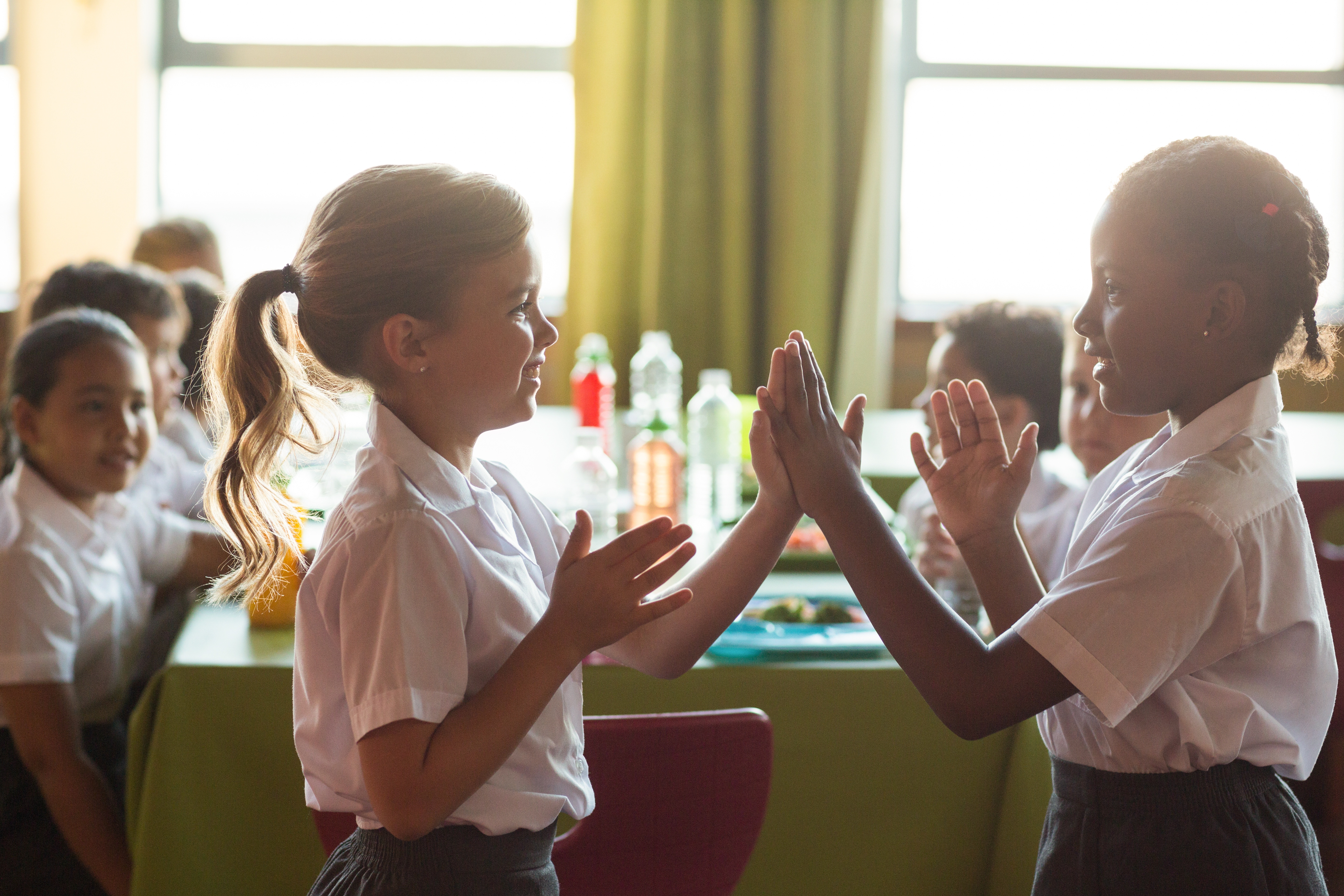
Recent Comments